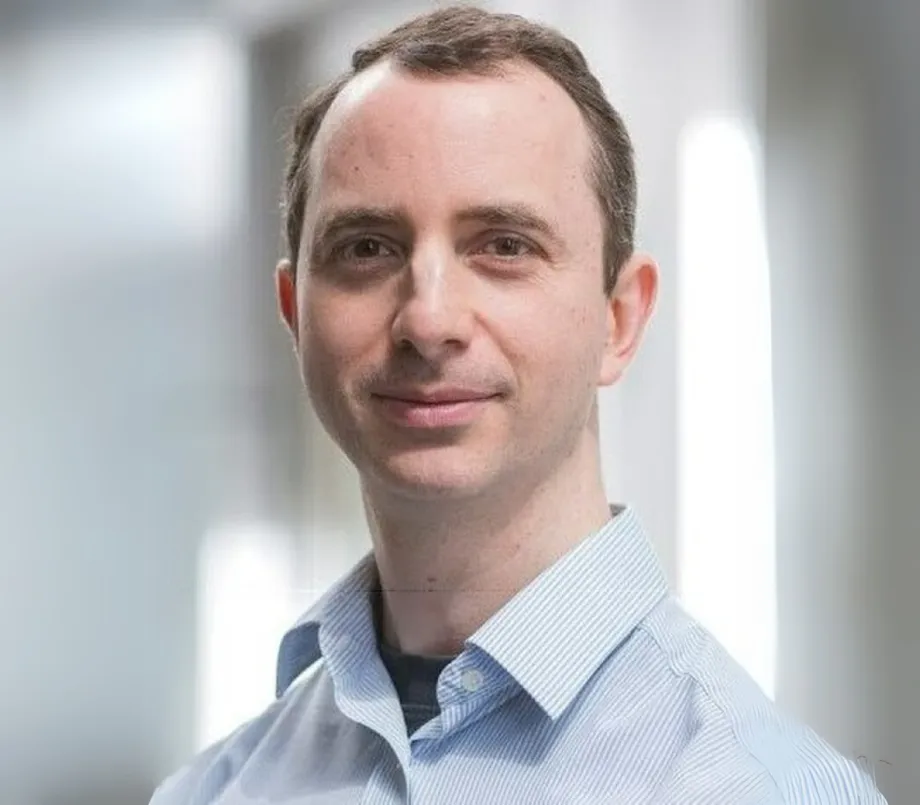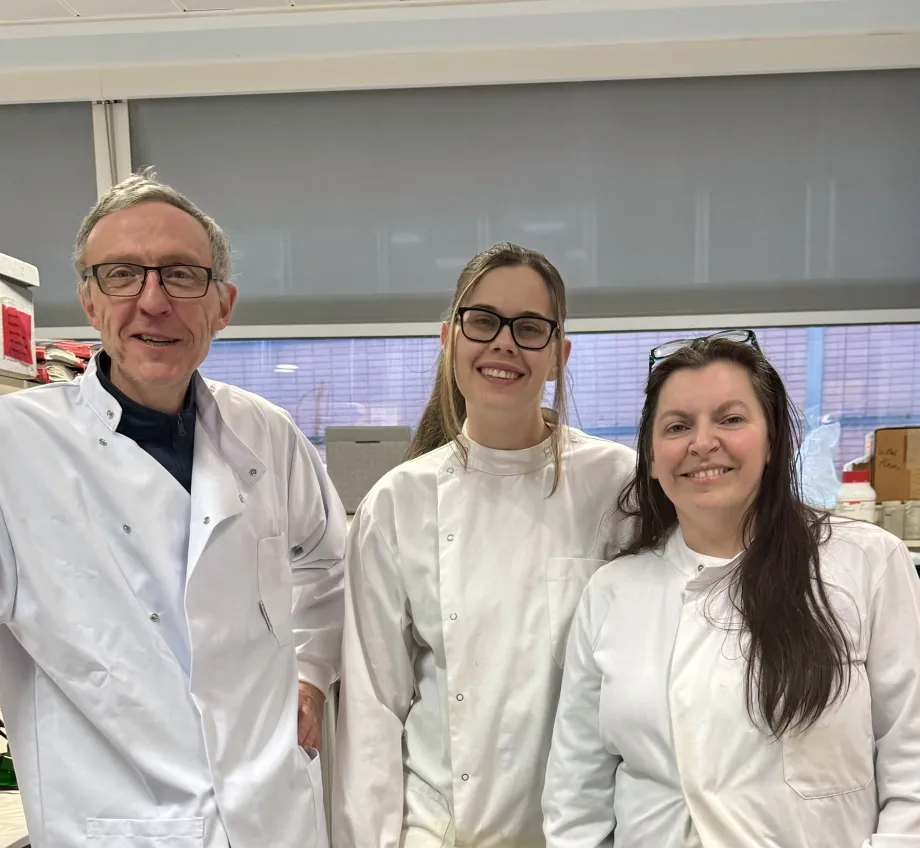Osteosarcoma is one of the most common types of cancer for young people, and it can be hard to treat. Treatment typically includes both surgery and chemotherapy and is often reliant on outdated drugs. In some cases, these treatments can fail to kill the cancer, and it can spread to other parts of the body — making it much harder to treat.

Dr Olivier Pardo
Dr Olivier Pardo hopes to address this with his new project investigating how osteosarcoma cells travel through the bloodstream to reach distant organs.
The cells, known as circulating tumour cells (CTCs), travel from the original tumour and can go undetected by the body's immune system. To study them, Dr Pardo and his team at Imperial College London are using an innovative new device that mimics the conditions these cells face as they travel through the blood vessels. This will allow them to closely monitor how the cells change in response to these conditions to survive.
By comparing the behaviour of the travelling cells to those that remain in the original tumour, the team hope to identify critical adaptations that allow the cells to survive and eventually spread.
Dr Pardo, group leader at Imperial College London, said:
We are incredibly grateful to the Bone Cancer Research Trust and CCLG for providing us with funding to take our project off the ground. When patients present with metastatic disease, their treatment options become even more limited. We hope that, by improving our understanding of how metastasis occurs, we can identify new targets to help treat these patients more effectively.
In the next stage of this research, the team plan to test various drug combinations to see if they can block the survival strategies of travelling tumour cells in hope of translating their research into new treatments.
Will Burchell, CEO at the Bone Cancer Research Trust, added:
We are proud to award crucial funding to Dr Pardo and his team as they work to uncover new treatments for metastatic osteosarcoma patients. This would not have been possible without the incredible supporters of our charities, who remain committed to helping more patients have a brighter future. Through the power of collaboration, we will get there faster.

Professor Robin Plevin, pictured left, and his team
The second new project hopes to address the reliance on older drugs that, in some cases, may stop working. Professor Robin Plevin and his team at the University of Strathclyde will examine a protein’s potential link to osteosarcoma development in the hopes of developing new treatments.
While little is known about the connection between the protein, called IKKα, and osteosarcoma, new drugs that block or ‘inhibit’ IKKα (called ‘inhibitors’) have recently been developed. Now, the researchers want to test whether targeting the protein with these medicines could be an effective treatment for osteosarcoma patients.
Prof Plevin, Head of the Strathclyde Institute of Pharmacy and Biomedical Sciences, said:
Osteosarcoma is an aggressive bone cancer with a high rate of resistance to anticancer drugs. By uncovering IKKα’s role in osteosarcoma, we hope to provide a new approach to overcoming chemotherapy resistance, ultimately improving patient outcomes and providing new treatment options that are so desperately needed. We are incredibly grateful to the Bone Cancer Research Trust and CCLG for making this research possible.
Ashley Ball-Gamble, CEO at CCLG, said:
We’re pleased to be able to come together with the Bone Cancer Research Trust to fund this exciting new research. Collaboration is key to developing and understanding the effectiveness of new treatment approaches, and we hope that by partnering here to fund this project we can enable Professor Plevin and his team to do so.
Part of the funding for these projects has come from CCLG Special Named Fund the Little Heroes Fund, set up by Ben Berry after being diagnosed with osteosarcoma in 2014 at 16 years old. Sadly, Ben passed away on 20th December 2020. In his memory, his family continue to raise money for osteosarcoma research and have now been able to support this project through Ben’s fund.
Karen said:
We, his family, are using donations from his charity fund to support two new projects. We are honouring Ben's intentions in the hope that his wish to 'change the world' of treatment and outcomes for bone cancer patients might be realised.
